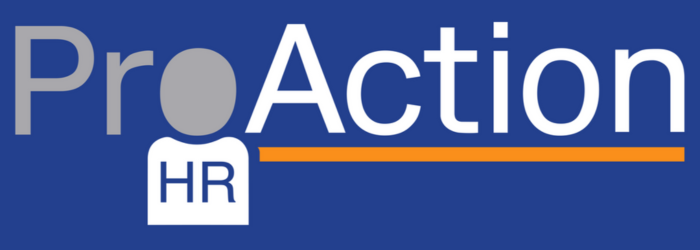The power of being different
“We are all a work in progress, we all have so much to offer, and we are all so different. But how often do you give yourself the gift of time to think about you, your journey, how you like to communicate and how you may achieve more by adapting your communication style to suit the needs of others?”
This article is written by our resident Psychology expert, Joanne Hobbins.
I've just recently added another personality profiling tool accreditation to my training repertoire. I have used three different tools over the last few months, and no matter which I use, it never fails to astound me how accurate personality profiles can be. So many light bulb moments for me, and I love to see the reaction from participants when they read their profiles. Sometimes we all need a reminder where our strengths lie, how we can utilise them, and some areas for consideration.
I appreciate that not everyone is a self-professed psychology nerd like me, so even if you don’t want to delve into the inner workings of personality assessments, we can all take something from them. The main message I share when delivering workshops takes the following flow:
1. Understand you
Look at yourself with a fresh pair of eyes, be open minded. Sometimes you may not appreciate some factors about yourself, that others may see clearly, but you may be blind to. We don’t have to agree with all that we learn about ourselves, after all we know ourselves far better than any assessment tool can tell us. But there may just be something in it, that with a little bit of self-reflection, you may discover a strength that you didn’t realise you had, or indeed an area for development that you never appreciated.
2. Understand how others see you
Secondly, by understanding yourself a little more, you are in a far better position to understand how others may see you. Often, we don’t hear the praise, dismiss it even. On the other hand, we may also dismiss any constructive feedback too. With increased self-awareness we are able to appraise any feedback that comes our way and respond with thanks and consideration.
3. Appreciate your uniqueness
Thirdly, we can appreciate just how different we all are. How the differences in personality can determine how each of us will interpret the same situation.
For example, I may have a personality type that prefers to talk while I think, be vocal in meetings, and enjoy a vibrant atmosphere. My colleague, however, likes to take a problem away and think it through on their own, they watch the discussions in a meeting, often coming in with their solution towards the end, and prefer to work in a quiet corner of the office away from the hubbub. I may think that they have less to contribute than I do, and try and force them to voice their opinions, get stuck in with the noisy office shenanigans. Now I appreciate that neither approach is better than the other. We both get to the same end point; we just process it all in very different ways.
So now I can treat my colleague as they would like to be treated, rather than treat them how I would like to be treated. I can respect their need for calm reflection, I can wait for their input in the meeting, as it will be considered when it comes, and I can respect their preference for a quieter work environment.
Differences are to be respected and appreciated
There are many other differences between personality types that I could list here and understanding some of these differences can lead to a much more agreeable environment for all.
I love to think about the feelings of others, so much so, that I could take my eye off the ball when it comes to what makes financial sense. On the other hand, my colleague is all about the numbers, to the point that I must remind them to think about the impact on the rest of the team. Between us, we make a great pairing, as we have considered both the numbers and the people element. If I didn’t embrace these differences, and only chose to work with people like myself, then we would each miss important pieces of the jigsaw, and the success of our business could be impacted.
4. Balance
So lastly, think about the balance between the differences in personalities, embrace them, utilise them for better business decisions. Invite colleagues to understand more about themselves and share their personality type with you. Ask them to tell you how they would like to be treated, then respect it may well be different to how your preferences and act accordingly.
We are all so different, and it makes for a much more interesting environment when we embrace those differences and treat everyone accordingly.
If you would like to understand your own personality profile, and those of your team, get in touch, this psychology nerd would love to talk to you some more!


